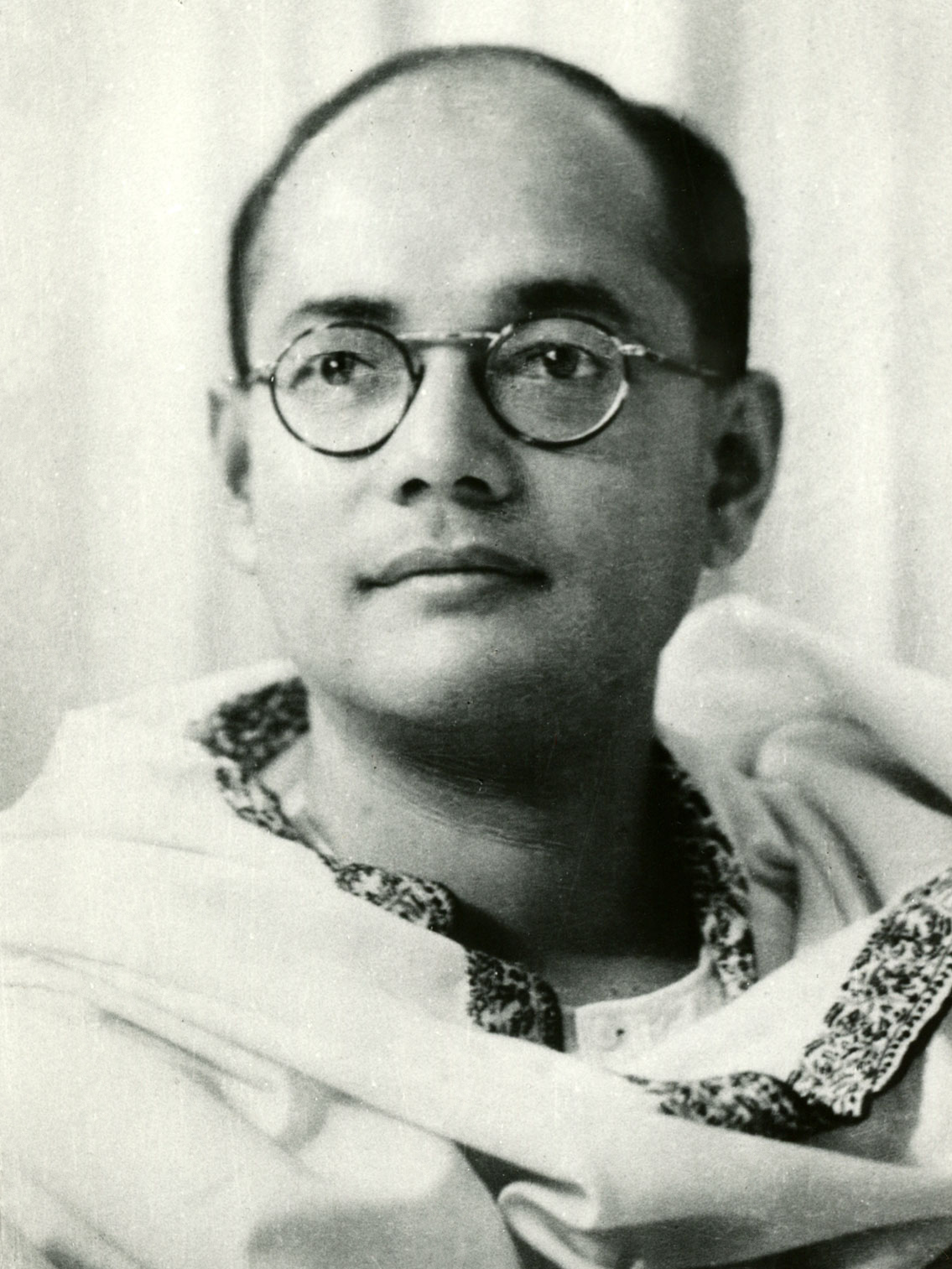In his address to the Indian National Army on becoming its Supreme Commander on 26 August 1943, as quoted in Formation and growth of the Indian National Army (Azad Hind Fauj) (1946) by Durlab Singh, p. 25
Famous Subhas Chandra Bose Quotes
Speech in Burma (July 1944) as quoted in The Great Speeches of Modern India (2011) https://books.google.com/books?id=z7dCH_IYbt8C&pg=PT137&lpg=PT137&dq=%22Gird+up+your+loins+for+the+task+that+now+lies+ahead.+I+had+asked+you+for+men,+money+and+materials%22&source=bl&ots=KiUxFbJQjT&sig=v7j_-1MYNUSCQFLxt8ElNpDicjc&hl=en&sa=X&ei=tjIVVcyEFoLfoAS13oDQDA&ved=0CDMQ6AEwAw#v=onepage&q=%22Gird%20up%20your%20loins%20for%20the%20task%20that%20now%20lies%20ahead.%20I%20had%20asked%20you%20for%20men%2C%20money%20and%20materials%22&f=false by Rudrangshu Mukherjee
"Quotations by 60 Greatest Indians" at Institute of Information and Communication Technology http://resourcecentre.daiict.ac.in/eresources/iresources/quotations.html
In a letter to his elder brother Sarat Chandra Bose on 22 September 1920, as quoted in Life and times of Subhas Chandra Bose, as told in his own words (1978) by himself, p. 83
Context: You will readily understand my mental condition as I stand on the threshold of what the man-in-the-street would call a promising career. There is much to be said favour of such a service. It solves once for all what is paramount problem for each of us—the problem of bread and butter. One has not to go face life with risk or uncertainty as to success or failure. But for a man of my temperament who has been feeding on ideas which might be called eccentric—the line of least resistance is not the best to follow. Life loses half its interest if there is no struggle—if there are no risks to be taken. The uncertainties of life are not appalling to one who has not, at heart, worldly ambitions. Moreover, it is not possible to serve one's country in the best and fullest manner if one is chained to the Civil Service. In short, national and spiritual aspirations are not compatible with obedience to Civil Service Examinations.
As quoted in An Indian pilgrim: an unfinished autobiography (1997) by himself, Sisir Kumar Bose, and Sugata Bose, p. 124
Context: Reality is, after all, too big for our frail understanding to fully comprehend. Nevertheless, we have to build our life on the theory which contains the maximum truth. We cannot sit still because we cannot, or do not, know the Absolute Truth.
“It is blood alone that can pay the price of freedom. Give me blood and I will give you freedom!”
Speech in Burma (July 1944) as quoted in The Great Speeches of Modern India (2011) by Rudrangshu Mukherjee
Subhas Chandra Bose Quotes
As quoted in The Alternative Leadership 1936-1941 (1996) by Aleander Werth p. 63
As quoted in India Calling (1946) by himself and R. I. Paul, p. 5
Source: In his address to the Indian National Army on becoming its Supreme Commander on 26 August 1943, as quoted in India Calling (1946) by himself and R. I. Paul, p. 52
Source: quoted in Leonard Gordon, Bengal The Nationalist Movement, p 260, and in Elst, K. (2010). The saffron swastika: The notion of "Hindu fascism". p 959
